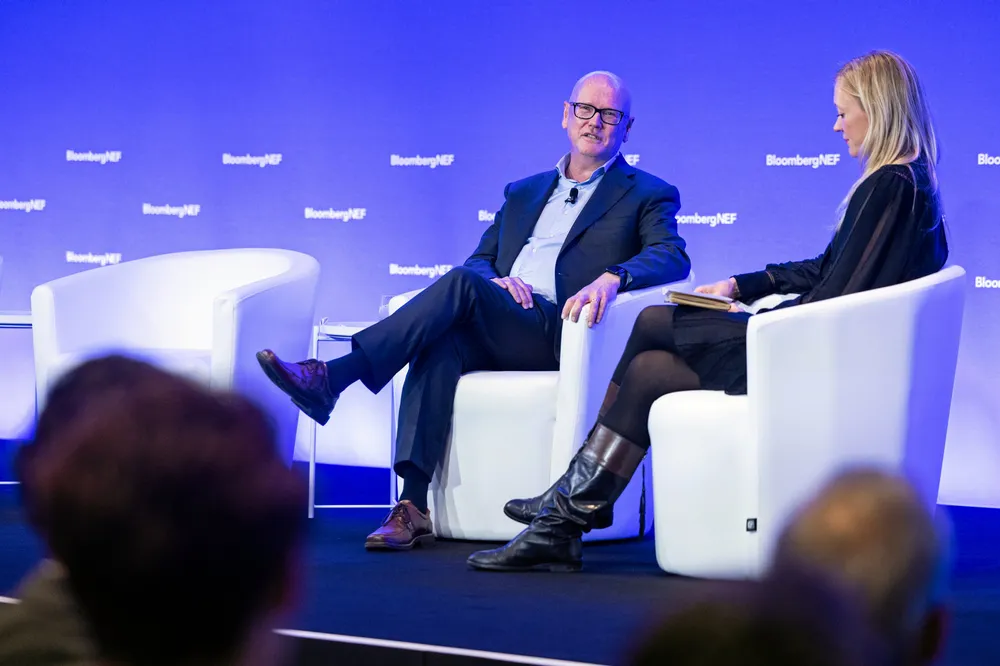Europe and China won’t repeat infamous 'Bra Wars' with renewables, says EU bank chief
Europe and China may be in green sector tit-for-tat but there is 'too much to lose' to repeat mistakes that led to previous textiles fallout

Trade tensions may be on the rise between Europe and China over wind turbines and green kit but the vice president of the European Investment Bank believes they can avoid the kind of falling out that led to the infamous ‘Bra Wars’ of the early 2000s.
Europe and China have increasingly clashed in the last year over green industrial policy, with the wind and electric vehicle sectors taking centre stage.
The EU Commission launched a wide-ranging anti-subsidies probe into Chinese turbine makers across several countries earlier this year, a move slammed by China as “economic coercion”.
Fresh EU tariffs on Chinese EVs this week have led to China imposing provisional tariffs on European brandy in a tit-for-tat between the trading partners.
Asked about the prospect of a trade war with China during an interview at the BloombergNEF summit in London today, Thomas Östros, vice president of the European Investment Bank (EIB), recalled his days working as the trade minister for Sweden in the early 2000s.
There was at that time the “famous Bra War” between Europe and China, he recalled. The 2005 fallout saw Europe place quotas on Chinese textile imports to protect its homegrown textiles producers, leading to around 80 million items of Chinese clothing piling up at European ports.
There was “a lot of debate” in Europe as to whether the measures taken were a “good idea or not,” said Östros.
It is important to be "measured" and "precise" when taking these types of actions, he said. China’s response to recent measures taken by the EU has been “very precise,” he added.
“I don’t see at this time a trade war rolling in,” said Östros. “Because Europe and China have too much to lose.”
China is “highly dependent” on the European market, he said. “They would shoot themselves in the foot if they went all in on a trade war." Having said that, "anything can happen," he added.
Many parallels have been drawn between the current rise of Chinese turbine makers and that of its solar panel producers in the 2000s.
The solar industry is an “interesting example where Europe was way ahead,” said Östros, before China caught up and later cemented its current market dominance. “It's an example where many Europeans feel, ‘wow, what happened there?’”
More generally, Östros said there was no doubt that Europe's green industry has been “lagging” somewhat since the early 2000s, while the US, which put $369bn in funding on the table for the green sector through its 2022 Inflation Reduction Act, has taken the lead in an “astonishing way.”
“It's a very, very important alarm bell to all of us that Europe must get its act together,” he said.
“But then we have a number of issues. Not least, how the capital market works in Europe, and how we can create a capital markets union that is vibrant and can really foster not only start-ups but the growth of companies” up to the scale of “tech giants.”
The EIB is “part of the solution,” he said, but is just “one actor” and cannot solve the problem alone.
(Copyright)